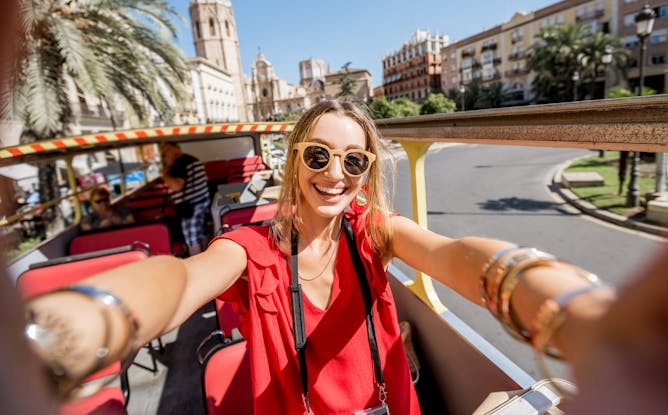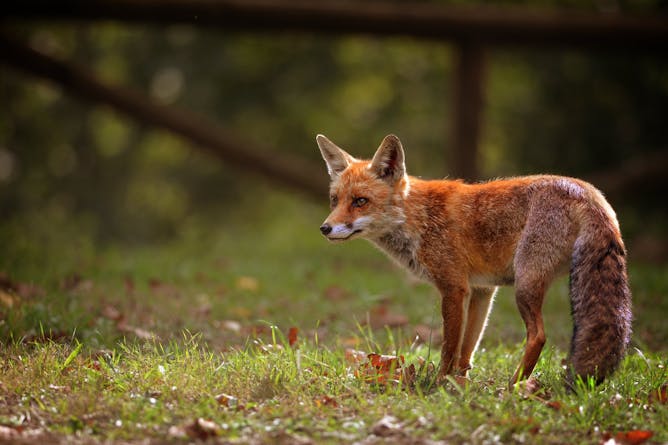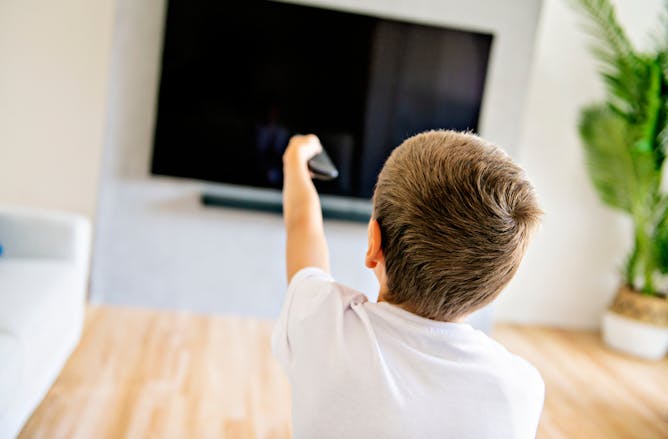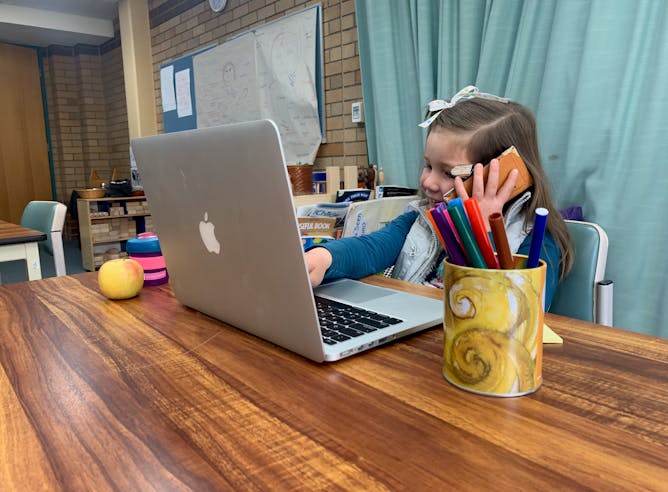|
|
|
Editor's note
|
|
I can still hear the clickety clack of the carousel projector. Overseas holidays were traditionally followed by slide nights, where loved ones were subjected to hours of snapshots from far-flung destinations. Proceedings were paused now and then for an upside-down image to be righted or the kabana sausage and gherkin skewers to be replenished. Today, we see a live stream of travel adventures on social media from family and friends - posted in real time and featuring their smiling faces in the frame.
Researchers Michael James Walsh, Raechel Johns and Naomi Dale from the University of Canberra undertook an experiment at a zoo lodge to untangle some of the issues around taking and sharing travel photos online. By restricting what zoo visitors could post and when, they explored how habitual snapping has changed our tourist gaze and created new tensions between tour operators and guests, travellers and those at home. After all, if you didn’t post a picture of where you were, did you event go there?
|
Lucy Beaumont
Deputy Section Editor: Arts + Culture
|

|
|
Top story
|

If you didn’t post it, did it even happen?
Shutterstock
Michael James Walsh, University of Canberra; Naomi F Dale, University of Canberra; Raechel Johns, University of Canberra
Where once we subjected friends to post-holiday slideshows, now we share travel selfies live with a remote audience. This study teased out the tension between snapping and experiencing the trip.
|

Some predators, including red foxes, move into burnt areas after fires pass through.
Alexandre Roux/Flickr
Euan Ritchie, Deakin University; Ayesha Tulloch, University of Sydney; Dale Nimmo, Charles Sturt University; Tim Doherty, Deakin University; William Geary, Deakin University
Some predators thrive after fires, other wilt – and one bird even starts them on purpose.
|

Come school holidays, your school-aged kids are more likely to spend longer on their screens than they do in term time. Here’s how to get them outside and active, with a bit of planning.
from www.shutterstock.com
Tim Olds, University of South Australia; Amanda Watson, University of South Australia; Carol Maher, University of South Australia
The average Australian school kid spends more time watching TV or gaming and less time being active over their summer holidays. Could more chores be the answer?
|

Hard at play: ‘technology corner’ can teach kids healthy boundaries around device use.
Jo Bird
Jo Bird, University of New England
Children see adults on smartphones, looking up information they need to know, and being continuously connected. They want to copy this behaviour in their play and practise being an adult.
|
Science + Technology
|
-
Federico Volpin, University of Technology Sydney
We need phosphorus for life, as well as for fertiliser to help plants grow, but raw supplies are limited.
-
Tanya Hill, Museums Victoria
On December 26 a solar eclipse will be visible from northern Australia, southern Asia and parts of the Middle East.
-
Rheanna Mainzer, University of Melbourne
How likely is it that everyone in a family Kris Kringle will draw their own partner? It took a roomful of mathematicians to find out.
|
|
Health + Medicine
|
-
Katie Lee, The University of Queensland; Erin McMeniman, The University of Queensland
Spray, pump or roll-on? Matte, fragrance-free, oil-free? No wonder we're confused when it comes to buying sunscreen.
-
Aaron Jarden, University of Melbourne
If your family Christmas usually involves annoying relatives and unwanted presents, here's how to be grateful and actually enjoy what the festive season brings.
|
|
Environment + Energy
|
-
Gisela Kaplan, University of New England
Magpies have such good hearing, they can hear the very faint sound of grass roots being chewed.
-
Rod Lamberts, Australian National University
People tend to pay attention when things get personal, so you need to know how climate change is damaging things in your life.
-
Jake Whitehead, The University of Queensland
A proposed tax on electric vehicles would blow a golden opportunity to prepare our transport system for the disruption ahead.
|
|
Business + Economy
|
-
Annie Yuan Cih Wu, University of Sydney
For Timor, Australia's Seasonal Worker Program is about far more than picking fruit. It's about changing lives.
-
Henry Reese, University of Melbourne
The Tariff Board was told that if women could buy music that was cheap they would buy music that was dirty.
|
|
Arts + Culture
|
-
Deborah Hunn, Curtin University
From romance to sci-fi to buddy action comedy: here are the true feline stars of the silver screen.
-
Penelope Rossiter, Western Sydney University
Our public pools are cherished places: just ask 28 Australians for their recollections. But there was a time when not everyone was welcome in the pools.
-
Angela McCarthy, University of Notre Dame Australia
A Mexican statue of a baby Jesus resembling an adult Phil Collins has become a social media phenomenon. But the history of depictions of baby Jesus unearths some interesting parallels to this work.
|
|
Education
|
-
Marg Rogers, University of New England
While many families are busy planning how to spend their time together this Christmas holiday season, others are planning how to manage their time apart.
|
|
| |
Featured jobs
|
|
|
| |
| |
| |
| |
| |
|
|
|
|
|
|
|